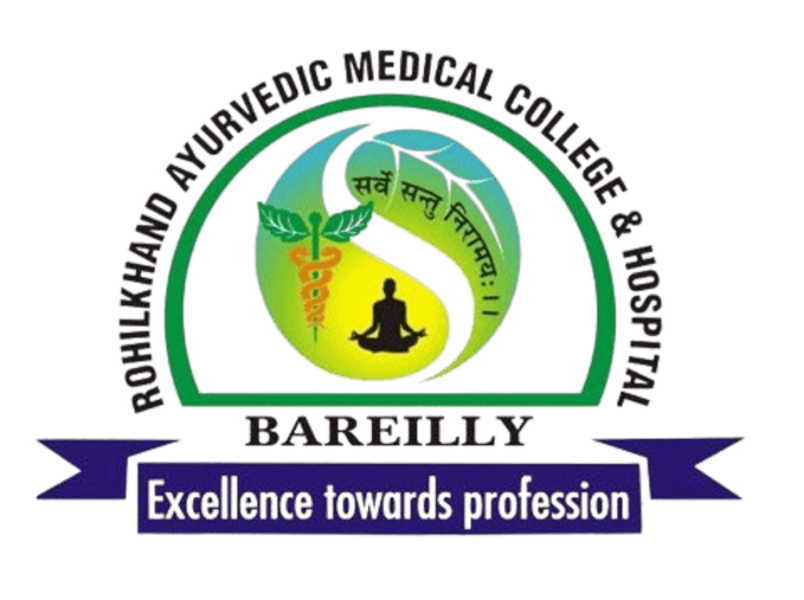Vision
To position RJAR as a globally respected academic platform that fosters scientific dialogue, interdisciplinary collaboration, and research innovation within the domain of AYUSH systems.
Mission
1. To promote methodologically robust, ethically sound, and clinically relevant research that supports the academic and professional growth of practitioners, educators, and researchers in AYUSH disciplines.
2. To publish open-access scientific literature rooted in traditional systems of medicine, substantiated through contemporary research methodologies.
3. To support the continuous professional development of the AYUSH community through evidence-based knowledge dissemination.
Aims and Scope
RJAR invites scholarly contributions from all domains of AYUSH systems, including Ayurveda, Yoga & Naturopathy, Unani, Siddha, Sowa-Rigpa, and Homeopathy, as well as interdisciplinary and integrative health sciences.
Core Focus Areas
1. Clinical Research and Translational Medicine
Evidence-Based Clinical Trials: Randomized controlled trials (RCTs), observational studies, and pilot investigations grounded in classical Ayurvedic principles.
Case Reports and Case Series: Clinically significant outcomes achieved through traditional diagnostic and therapeutic interventions.
Integrative Clinical Practices: Evidence-based convergence of Ayurveda with biomedicine for enhanced patient care.
2. Pharmaceutical and Pharmacological Sciences
Pharmacognosy and Phytochemistry: Systematic identification and characterization of bioactive constituents of medicinal plants.
Drug Development and Standardization: Innovation in dosage forms, quality control, and safety profiling of Ayurvedic formulations.
Ayurvedic Pharmaceutics (Kalpana): Scientific exploration of traditional preparations and therapeutic adaptations.
3. Interdisciplinary and Allied Sciences
Ethnobotany and Ethnomedicine: Documentation and analysis of regional health practices in light of classical Ayurvedic literature.
Public Health and Preventive Medicine: Application of Swasthavritta and AYUSH- based models in community and lifestyle medicine.
Medical Education and Health Policy: Innovations in curriculum design, pedagogical approaches, and critical policy evaluations related to AYUSH systems.
4. Emerging and Specialized Areas
Literary Research and Manuscriptology: Critical appraisal, interpretation, and translation of classical Ayurvedic texts.
Digital Ayurveda and Health Informatics: Integration of artificial intelligence, informatics, and data analytics in Ayurvedic diagnosis and clinical decision-making.
Globalization of Ayurveda: Examination of international regulatory challenges, cultural adaptation, and global integration of AYUSH systems.


